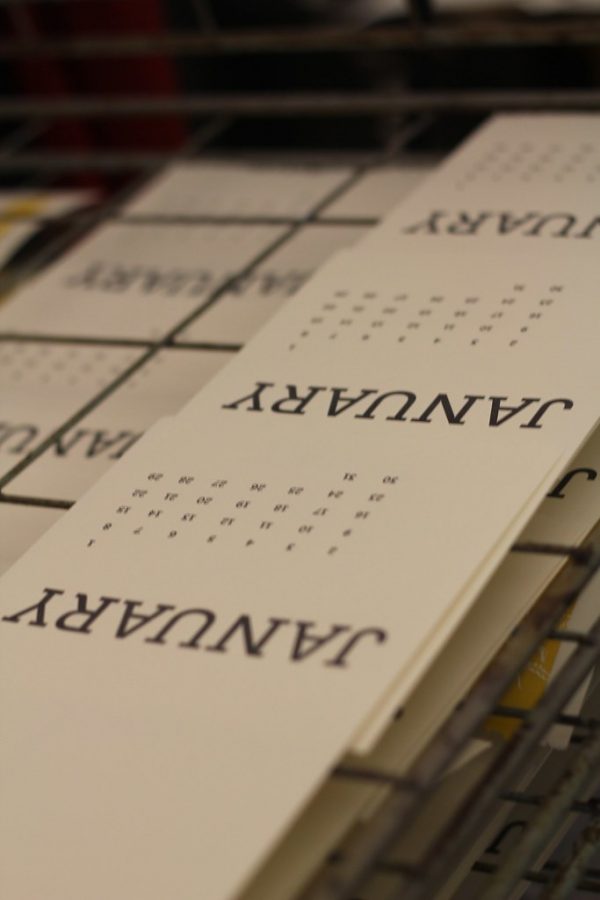New Year’s Resolutions: a journey through history
Students carry on the age-old tradition of yearly self-improvement
Photo courtesy of Creative Commons
New year’s resolutions consist of a goal to be met. January marks the beginning of a new chapter, with popular phrases such as “new year, new me,” being a motto. Many set resolutions for themselves so they can be better in the new year.
February 5, 2020
Nowadays, New Year’s resolutions are commonplace; many people make these promises of change and self-improvement as the ball drops on December 31st, but where did this tradition start?
The story of the New Year’s resolution dates back farther than you might imagine. Around 4,000 years ago the ancient Babylonians, perhaps the most famous ancient civilization to occupy the Mesopotamian river valley, annually celebrated the rebirth of their sun god, Marduk, in late March. This celebration, known as the Akitu festival, lasted for over ten days and served as the beginning of the new year for the civilization. In order to start each year on good terms with the gods, the Babylonians made promises of improvement for the upcoming year, and thus the first tradition New Year’s resolutions was born. Today, it is seen as inevitable that our resolutions will soon be forgotten, but for the Babylonians sticking to their promises meant favor from the gods, while straying from them would cause them to fall out of their favor.
In ancient Rome, under the rule of Julius Caesar, a new tradition of resolutions emerged. Caesar introduced the Julian calendar which implemented January 1st as the beginning of the new year as a tribute to Janus, the Roman god of new beginnings. The Romans celebrated the coming new years by making offerings to Janus and promises of good behavior for the coming twelvemonth.
Ancient resolutions tended to be mostly intended for improved relations in the gods, but today resolutions are generally secular. Resolutions are becoming increasingly commercialized in today’s society. Gyms and other fitness companies often strategically launch their biggest marketing plans in January to appeal to those with plans to get in shape in the new year. Stores such as Target and Walmart also take advantage of these resolutions by putting discounts on their organizational products such as bins and storage units and moving them to the front of the stores for those with plans of tidying up their lives.
Here at WS, students have a vast variety of New Year’s resolutions for 2020.
“Resolutions have always been a tradition in my family, we make sure to think of some every year. This year, my resolution is to work out and to get a job. I feel like this can really be a great year for me, and I can’t wait to get started on my plans for 2020,” said junior Shamsul Haque.
Others hope to bolster their bank accounts as we move into the new decade.
“I don’t usually make [resolutions], but this year I’m just trying to make some money,” said sophomore Chris Barlow.
No matter their resolution, every student is hoping for a great second half of the school year here at WS.





